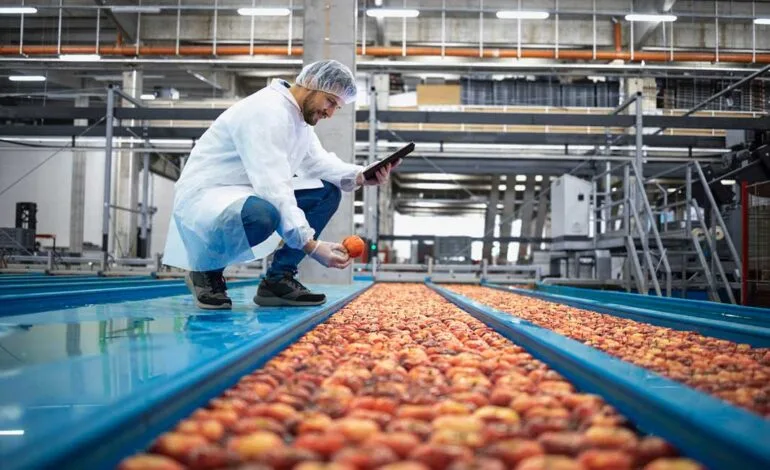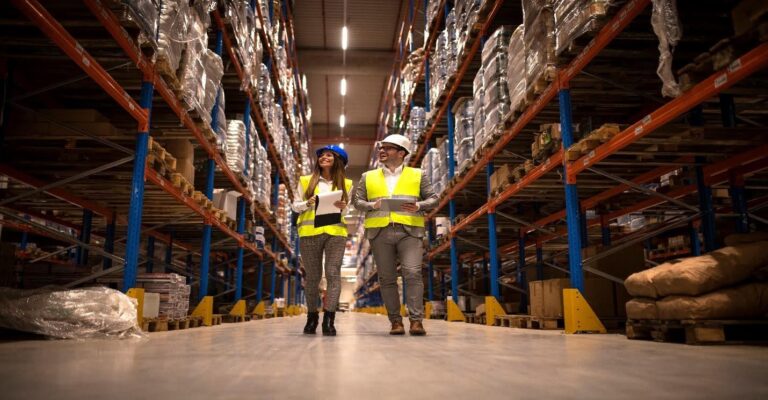5 Essential Types of Tailored Equipment for Chemical and Food Industries
The chemical and food processing industries operate under stringent safety regulations and quality standards that demand precision-engineered equipment. Unlike general manufacturing, these sectors require specialized machinery designed to handle unique challenges such as corrosive materials, temperature extremes, and contamination prevention. Understanding the right equipment for your specific application can significantly impact operational efficiency, product quality, and regulatory compliance.
1. Precision Mixing and Blending Systems
Chemical and food processing facilities rely heavily on specialized mixing equipment that ensures consistent product quality while maintaining safety standards. Industrial mixers designed for these industries feature specialized coatings, sealed systems, and precise speed controls that accommodate different viscosities and chemical properties.
For pharmaceutical applications, these systems often incorporate clean-in-place (CIP) capabilities and meet FDA standards for material contact. In chemical processing, mixing systems must resist corrosion from acids, bases, and solvents while maintaining precise temperature control. Studies show that proper mixing equipment can reduce batch processing time by up to 30% while improving product consistency across production runs.
2. Advanced Filtration and Separation Equipment
Separation technology forms the backbone of both chemical and food processing operations. Modern filtration systems utilize multiple stages of separation to achieve the purity levels required for these demanding applications. Centrifuges, membrane filters, and specialized strainers work together to remove impurities while preserving product integrity.
Food processing facilities particularly benefit from sanitary filtration systems that prevent bacterial contamination while maintaining nutritional content. Chemical plants require separation equipment capable of handling hazardous materials safely, often incorporating explosion-proof designs and automated cleaning cycles. Research indicates that advanced filtration systems can improve product purity by up to 99.9% while reducing waste streams by 25%.
3. Size Reduction and Particle Control Systems
Achieving consistent particle size distribution is crucial in both chemical formulation and food processing applications. A particle sizer plays a vital role in quality control by accurately measuring and analyzing particle distributions to ensure product specifications are met. These precision instruments help manufacturers maintain consistency in everything from pharmaceutical powders to food additives.
Size reduction equipment includes specialized mills, crushers, and pulverizers designed for specific material properties. Food-grade equipment features stainless steel construction and smooth surfaces that prevent bacterial growth, while chemical processing equipment incorporates explosion-proof designs for handling volatile materials. Proper particle size control can improve product dissolution rates by up to 400% and enhance bioavailability in pharmaceutical applications.
4. Heat Transfer and Thermal Processing Equipment
Temperature control equipment in chemical and food industries must provide precise heating and cooling while maintaining product safety. Heat exchangers, reactors, and thermal processing systems are engineered to handle specific temperature ranges and thermal shock conditions common in these applications.
Food processing thermal equipment focuses on pasteurization, sterilization, and controlled cooking processes that eliminate pathogens while preserving nutritional value. Chemical processing thermal systems must accommodate exothermic and endothermic reactions while maintaining safe operating conditions. Advanced thermal systems can reduce energy consumption by up to 40% while improving temperature uniformity throughout the process.
5. Automated Control and Monitoring Systems
Modern chemical and food processing operations depend on sophisticated control systems that monitor critical parameters in real-time. These systems integrate temperature sensors, pressure monitors, flow meters, and quality analyzers to ensure consistent production while maintaining safety standards.
Automated systems provide precise control over chemical reactions, fermentation processes, and food preservation techniques. They also generate comprehensive documentation required for regulatory compliance and quality assurance. Implementation of advanced control systems typically results in 20-35% improvement in production efficiency while reducing human error and enhancing worker safety.
The selection of appropriate tailored equipment for the chemical and food industries requires careful consideration of specific application requirements, regulatory standards, and operational goals. Investing in properly designed equipment not only ensures compliance with industry regulations but also provides long-term operational benefits through improved efficiency, product quality, and safety performance.
Keep an eye for more latest news & updates on Qiuzziz!






